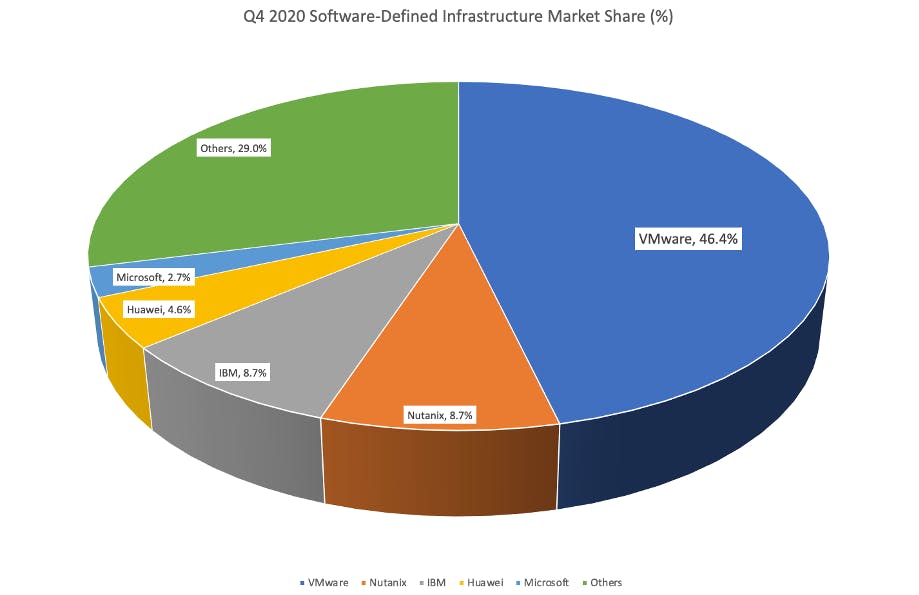Table of contents
What's going on at VMware? 🤭
Like most of the folk keeping up with the IT industry, Broadcom acquiring VMware has definitely had a ripple effect and has caused turbulence for VMware customers, partners, and employees. From an employee standpoint, CRN confirmed on Dec 1 (I imagine that number is higher) that over 2100 employees have been cut. Recently, Broadcom announced the elimination of perpetual-based licensing and the termination of partner agreements below $500k in VMware revenue. Why is Broadcom doing these things? Historically, Broadcom is known to acquire companies and cannibalize them, focusing on cash cow products and cutting expenses like headcount and R&D.
As "Broadcom by VMware" undergoes these business changes, many are speculating that other hypervisors will steal market share from VMware's flagship ESXi product. There's a few offerings that come to mind like like Nutanix AHV, Microsoft Hyper V, and open source KVM based ones like ProxMox or Xen-based like XCP-ng. Nutanix has even gone as far as to give "one year free of Nutanix licensing" for VMware customers transitioning to Nutanix (ESXi ➡️ AHV or ESXi ➡️ ESXi on Nutanix).
My Thoughts 🤨
Honestly....will another hypervisor rise over the top of VMware? Probably not. No matter how much we want to believe that ESXi can be beaten, the amount of stickiness other vendors have with ESXi will probably keep it the top 🐶. As much as we want to speculate and say "Nutanix forsure will be stealing market share" or "Here comes the rise of open source like ProxMox", how do you tell the internal Enterprise Architect to re-think their company's infrastructure in support of another hypervisor?What if that hypervisor lacks the support for a particular application or hardware vendor? There's not a doubt in my mind that other hypervisors are picking up VMware customers, but will it trump ESXi?
(picture below is from 2020 and looks at Software defined as a whole (compute, storage, networking...there doesn't appear to be a more updated study)

Furthermore, open source hypervisors could be a cost-effective option, but skepticism persists. To be convinced, I'd need to hear more about reputable organizations successfully running them in production. Judging by customer logos, familiarity is lacking, and open source's usual challenges—support and security—come into play. How robust is the enterprise version of ProxMox, and can it effectively assist customers in deployment and operations?
Conclusion
In conclusion, the industry is in for a tree shake-up in the coming years. Can other hypervisors truly challenge VMware's ESXi? Despite tempting offers, ESXi's entrenched position poses a formidable challenge. Switching to alternatives may seem enticing, but the real test lies in their ability to handle enterprise-level support and security. It's a dynamic scenario, and only time will reveal whether any contender can dethrone ESXi from its virtualization throne.
